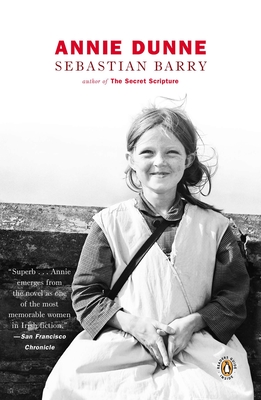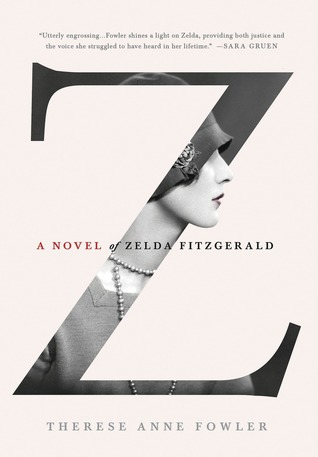
It's all very well to tell us to forgive our enemies; our enemies can never hurt us very much. But oh, what about forgiving our friends?
At just over 100 pages, this is a slim volume and a quick read, but the contents are real and comparatively heavy for all that. In some ways this is a brutally honest look at how a single decision—such as marriage—can affect the rest of your hopes and dreams, but it is just as equally an agonizing realization of one's true character.
There's a hidden authorial pain and anguish laced throughout this book and hidden in the character of Myra. Having read through Cather's works chronologically to this point, I sense an underlying conflict and despair that is somewhat obfuscated by the plot in this love/fate/hate story. It is short and succinct like Alexander's Bridge, and it is about a strong woman who forges her own trail like A Lost Lady, but even though it reads simply and holds you at a distance from its characters, this book goes deeper into an internal conflict.
In structure, Cather uses a narrator that is more an observer than anything else, rather like My Antonia. She also divides the story into chunks of time, (rather than telling the story in one continuous flow,) as she has in many of her other books. The writing style is more crisp, almost harsh at times, reflecting the personality of the main character. There are all kinds of interesting contrasts happening, and that lovely sense at the end that the author hasn't clued you in to one of life's great answers, but rather one of life's great questions. That could be irritating, depending on your tastes and mood, or it could be refreshing. If you aren't in a mood to contemplate life, this story will likely seem impersonal and perhaps even somewhat shallow. But rest assured there is much more waiting for you to mull over if you are up to it. This is one that will stick with me for a while.

















